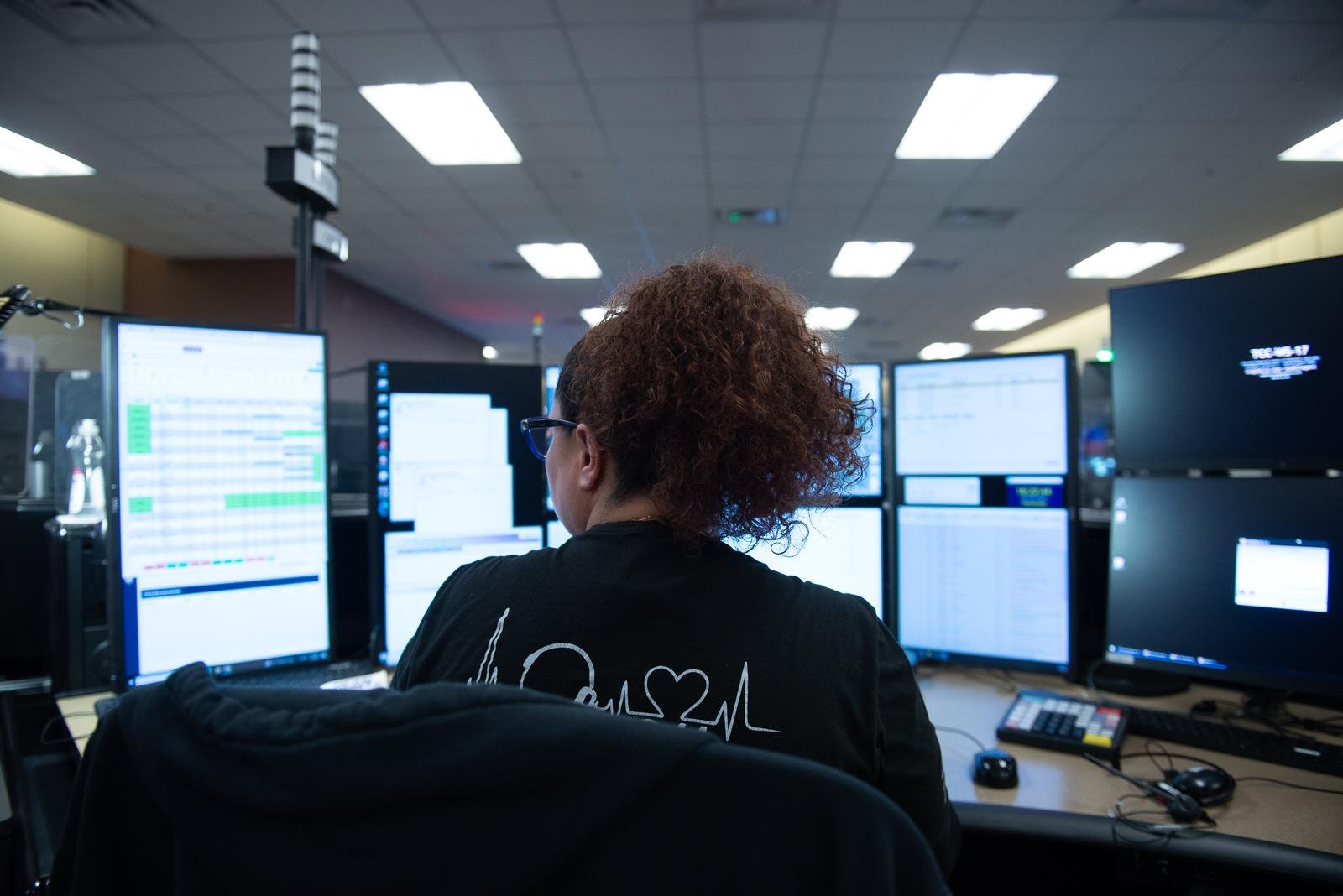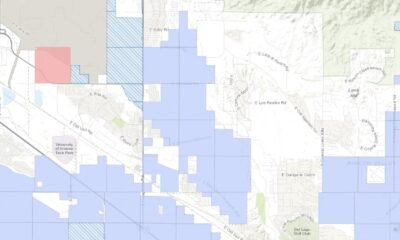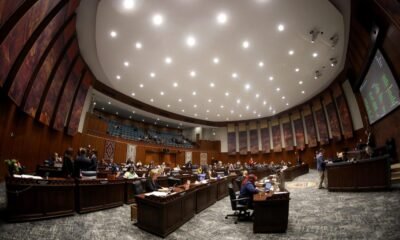arizona
Tucson’s Prop. 414: A Game-Changer for 911 Response Times and Operator Hiring

The city of Tucson is grappling with a significant shortage of operators at its 911 response center. City officials are optimistic that funding from Proposition 414 will enable them to bolster staff numbers and advance technology.
One of the dedicated operators is Sandy Bindon, who has spent 38 years fielding 911 calls. Bindon’s motivation came from a traumatic experience 40 years ago when her family’s home caught fire. Witnessing emergency personnel rescue her husband fueled her desire to help others in distress. “I thought, ‘I want to do exactly what they’re doing,’” she reflected.
Tucson’s dispatch center handles a staggering 3,200 emergency calls daily, along with non-emergency inquiries through the city’s 311 line and the 988 mental health crisis line. Despite recent improvements, the Public Safety Communications Department, led by Sharon McDonough, reports that staffing remains “woefully short.” Currently, about 150 employees manage the calls when around 185 are needed.
The national shortage of 911 operators has affected recruitment. Each operator in Tucson averages 130 calls per day, while firefighters and police respond to far fewer. “Their exposure to trauma is really significant,” McDonough noted. The PSCD also handles dispatch for numerous fire departments surrounding Tucson.
Average wait times on the 911 line have surpassed national guidelines, with callers often waiting over 17 seconds for a response. This issue reached a peak in December when wait times exceeded one minute. Many callers hang up after around 30 seconds, leading to over 100,600 “abandoned” calls in the previous year.
For the 911 center to function efficiently, additional funding is crucial. Proposition 414, set for a special election on March 11, proposes a half-cent sales tax increase that could generate $182 million over the next decade for improved emergency services. Critics argue the measure primarily benefits law enforcement, allocating 65.75% of revenue to policing, with the remainder aimed at community programs.
McDonough insists that the funds are essential. The proposal would allow for the hiring of 10 additional 911 operators at an annual cost of $800,000, along with 10 311 operators for $700,000. Increased staffing could lead to quicker response times.
Moreover, the sales tax revenue could enhance both the dispatch and community safety centers, providing funding for upgraded technology, including call recording systems and additional staff. However, watchdog groups criticize the expanded surveillance capabilities funded through this proposition, arguing it represents a misallocation of resources.
Efforts to improve job conditions for call operators include a wellness room, gym access, and emotional support services. The psychosocial stress of the job is evident; as Alicia Rubio, a former dispatcher, remarks, “Nobody’s calling to tell you that they’re having the best day of their life.”
While operators express the challenges of distressing calls, they remain motivated by the knowledge that their work can save lives. “You know that you’re going to bring life into the world, that you’re going to keep life in the world,” Rubio explained, highlighting the rewarding aspects of their vital roles in emergency response.

















